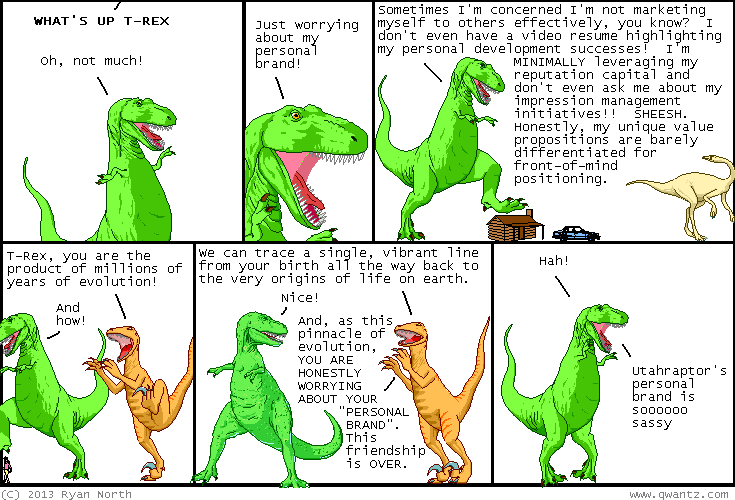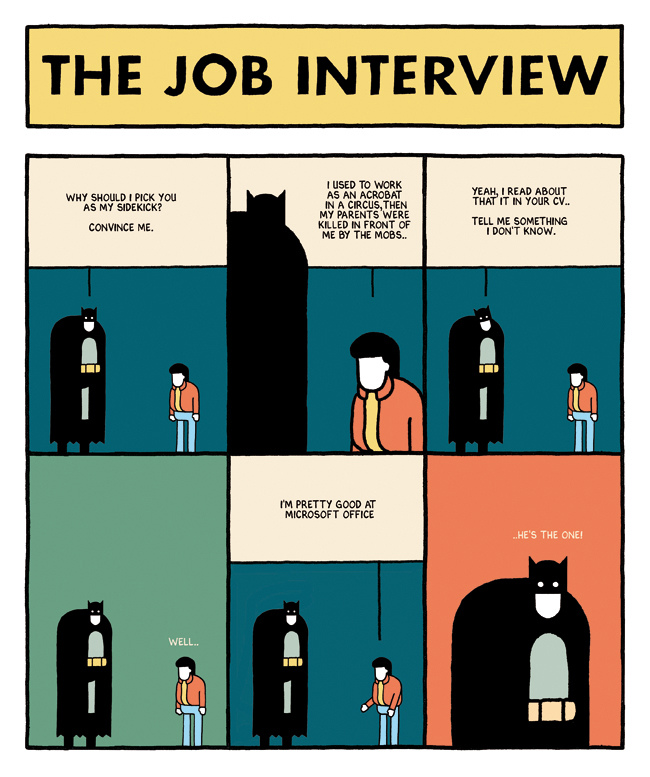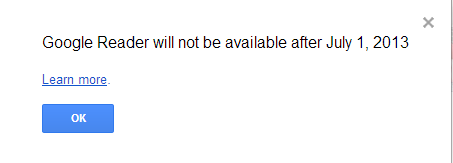The next evolution of corporate social media management
Just might be something like Beatrix - a new 'advanced virtual social media assistant' that can assist organizations, (or individual 'thought leaders' as well I suppose) in their quests to become 'social media rockstars.'
How does it work?
Unlike more well-known social media management and scheduling tools like Buffer or HootSuite, both of which allow an organization to schedule and plan social media activity, Beatrix not only helps wth the scheduling of social media updates, it actually helps find and select the actual content as well.
Let's say a local pizza shop wants to buff up its social media presence. The organization can then give Beatrix a few keywords to focus on - like 'pizza', 'wine', or 'sandwiches', and the Beatrix algorithm finds interesting content from around the web and sets it up to be shared on the company's social accounts.
Here is what Beatrix says in her own words...
The algorithm creates instant content plans for you. Stuck for things to say on social media? Beatrix will plan out your week. No time to post? Beatrix will post for you at times you specify. Beatrix does everything a social media intern does.
Just like a real assistant, Beatrix emails you a new content plan every week. If you like it, Beatrix will post that content throughout the next week. Or tell Beatrix what's wrong and she'll create a new plan. Beatrix gets smarter the more you use her. And she never misses a deadline
A 'smart' social media assistant that takes your input, seeks, finds, schedules, and shares interesting content related to your business, and keeps you abreast of the ongoing content plan? An automated service that not only decides for you when to post to social networks, but what to post in the first place?
That sounds pretty awesome to me. Of course maybe it is because I spend ridiculous amounts of time looking for good content to share, (and blog about).
Sure, someone out there is likely to respond with a comment like - 'That's not what effective social media is all about. Companies need to be authentic or personable or real, or some such.'
Maybe. Or maybe most of us just really want our fans and followers to think we are on top of our industry, and are sharing relevant and interesting content about what they are interested in.
And if that is the case, then why wouldn't an algortihm be just as effective at that task as a social media intern who is counting the days before he or she can head back to school.
Have a great week!

 Steve
Steve



